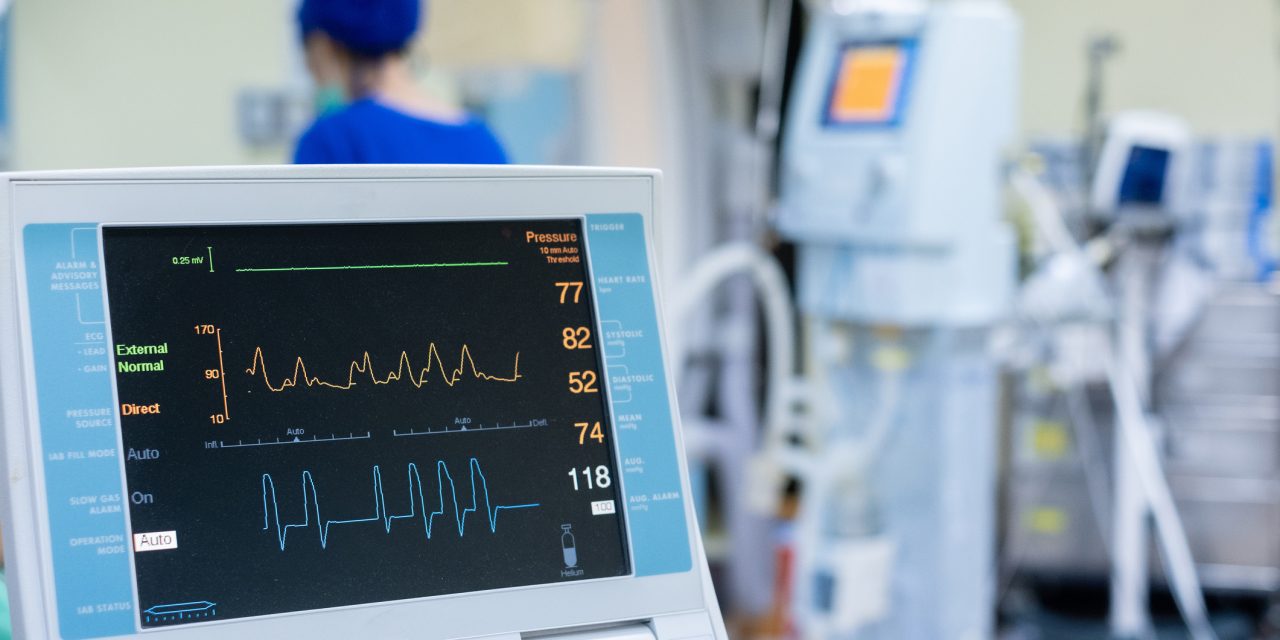Despite the fact that the initial hypertrophic response to ventricular pressure overload is thought to be compensatory, prolonged stress often leads to heart failure. Previous studies have shown that the Fufang-Zhenzhu-Tiaozhi (FTZ) formula is beneficial for the treatment of dyslipidemia and hyperglycemia. However, the effects of FTZ on cardiac hypertrophy remain unclear.
The aim of this study is to evaluate the protective effects of FTZ on cardiac hypertrophy and determine the underlying mechanisms.
TAC was utilized to establish a cardiac hypertrophy animal model, and FTZ was given via gavage for four weeks. Next, echocardiographic measurements were made. The morphology of mouse cardiomyocytes was examined using H&E and WGA staining. In vitro, the neonatal cardiomyocytes were stimulated with angiotensin Ⅱ (Ang Ⅱ). In addition to measuring the size of cardiomyocytes, qRT-PCR and western blotting were conducted to measure cardiac stress markers and pathway.
According to our findings, FTZ alleviated cardiac hypertrophy in mice and cell models. Furthermore, expression of miR-214 was down-regulated following FTZ, whereas the effect of FTZ therapy was reversed using miR-214 transfection. Furthermore, the expression of Sirtuin 3 (SIRT3) was decreased in Ang Ⅱ-induced oxidative damage, which was associated with a reduction in SOD-1, GPX1, and HO-1 and an increase in MDA, while SIRT3 expression was restored following FTZ treatment.
Collectively, these findings indicate that FTZ is a protective factor for cardiac hypertrophy due to its regulation of the miR-214-SIRT3 axis, which suggests that FTZ may be a therapeutic target for cardiac hypertrophy.
Copyright © 2022. Published by Elsevier Masson SAS.
FTZ protects against cardiac hypertrophy and oxidative injury via microRNA-214 / SIRT3 signaling pathway.


